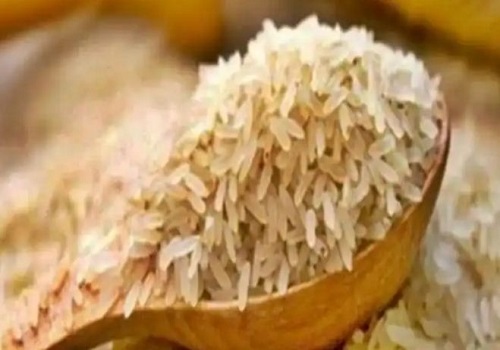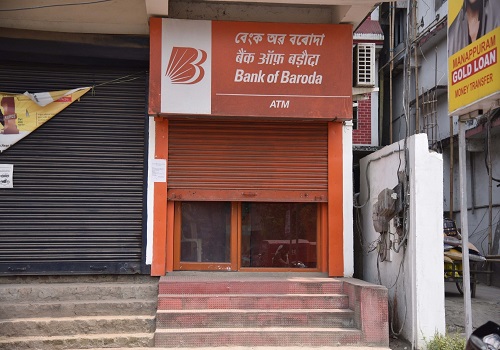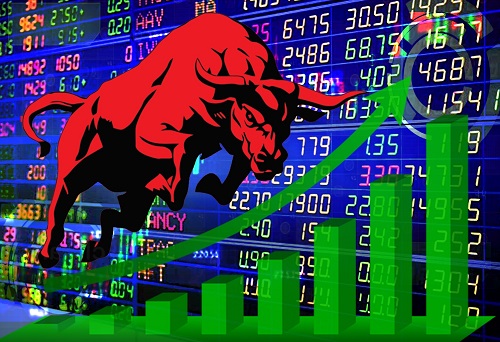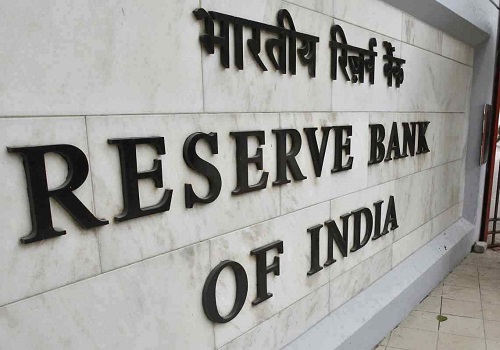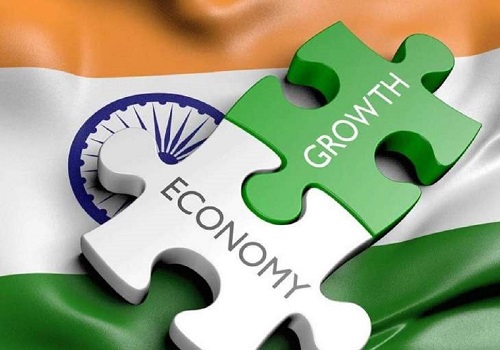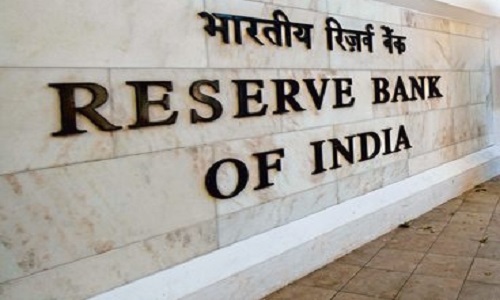Incremental credit-to-GDP share likely to cross 50% mark in FY23: SBI research
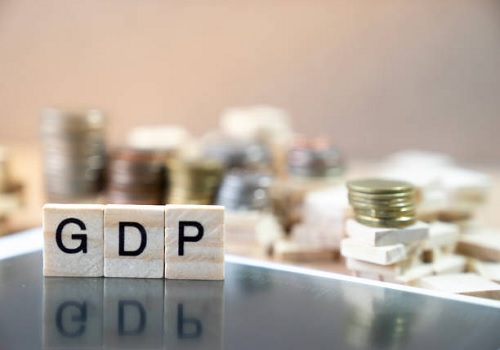
Follow us Now on Telegram ! Get daily 10 - 12 important updates on Business, Finance and Investment. Join our Telegram Channel
SBI research in its latest Ecowrap report has said that the share of incremental bank credit in incremental nominal Gross Domestic Product (GDP) is likely to cross the 50 per cent mark in the current financial year (FY23), from a decade low of 27 per cent in FY2022. The incremental credit to GDP share was as high as 63 per cent in the pre-pandemic year (FY19). The average share was 50 per cent for the seven-year period ended FY20. A higher credit-to-GDP ratio indicates aggressive and active participation of the banking sector in the real economy, while a lower number shows the need for more formal credit.
The report said ‘for FY23, we believe that the share of bank credit may again breach the 50 per cent mark indicating the increasing role of banks in economic growth’. In the fiscal ended 2021-22, banks' credit grew by 9.6 per cent, driven by all major sectors. FY22 ended with an incremental credit growth at Rs 10.5 lakh crore, 1.8 times higher than growth of Rs 5.8 lakh crore in FY21. Segment-wise, the jump in credit to MSMEs and infrastructure was strong at Rs 2.3 lakh crore while credit to housing and the NBFC sector was close to Rs 2 lakh crore. Retail loans expanded by a sharp Rs 3.7 lakh crore, driven by a surge in personal loans apart from housing credit. Credit to agriculture was at Rs 1.3 lakh crore.
As per the report, it seems that the economy was able to shrug off, to a large extent, the aftereffects of the pandemic as credit growth was broad-based across all sectors. It further said that it is now evident that an expansion in public sector bank (PSBs) credit is crowding in credit growth from private sector banks (PVB). Once this trend turns into a self-fulfilling prophecy, the economy stands to benefit. In FY22, the weighted contribution of PSBs in overall credit growth was as much as 43 per cent, which is a steady rise from the lows of 27 per cent in FY19. Simultaneously, the share of PVBs in credit growth has declined from 65 per cent to 47 per cent for the year ended FY22.
The report said even as the outlook of credit growth looks positive in FY23 also, the current inflation trends could play a spoilsport as rate hikes could have a dampening impact on credit demand just as the economy has been turning round the corner. The report said an RBI study indicates that an increase (decrease) in policy rate by 100 basis points causes the credit to decline (increase) by 1.95 per cent with a lag of six quarters. It added ‘our regression results involving credit growth and policy rate (monthly data from January 2009 to April 2020) reveal that an increase (decrease) in policy rate by 100 basis points causes the credit to decline (increase) by less than 1 per cent’.
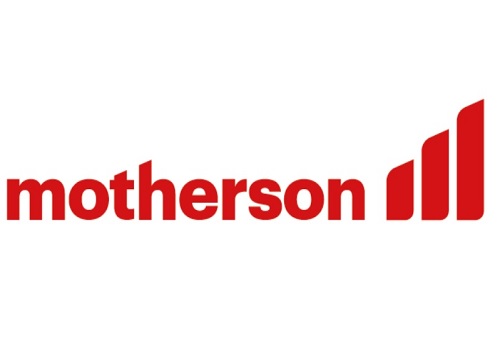

.jpg)
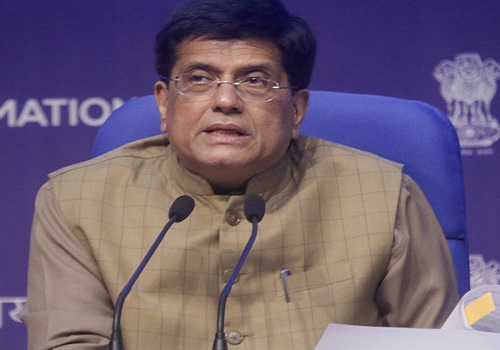
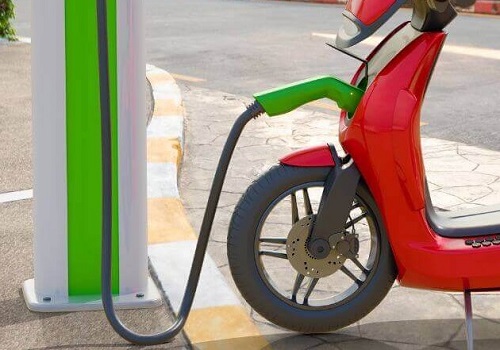
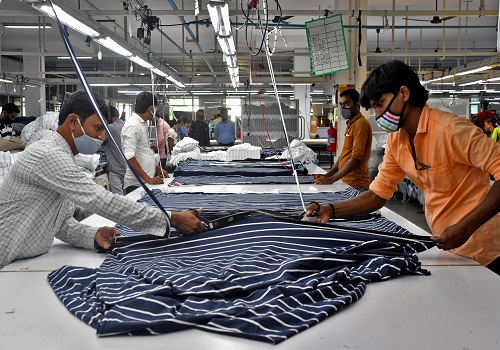
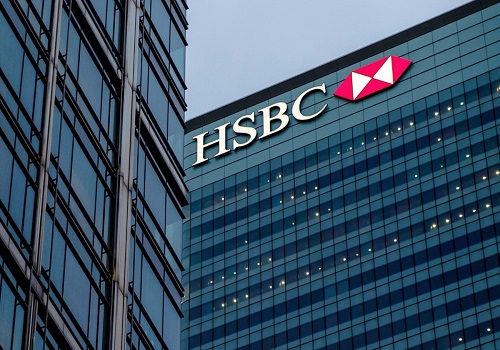
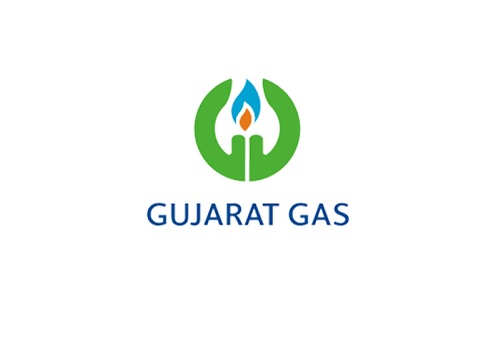


Tag News

Monthly Debt Market Update, September 2023: CareEdge Ratings







